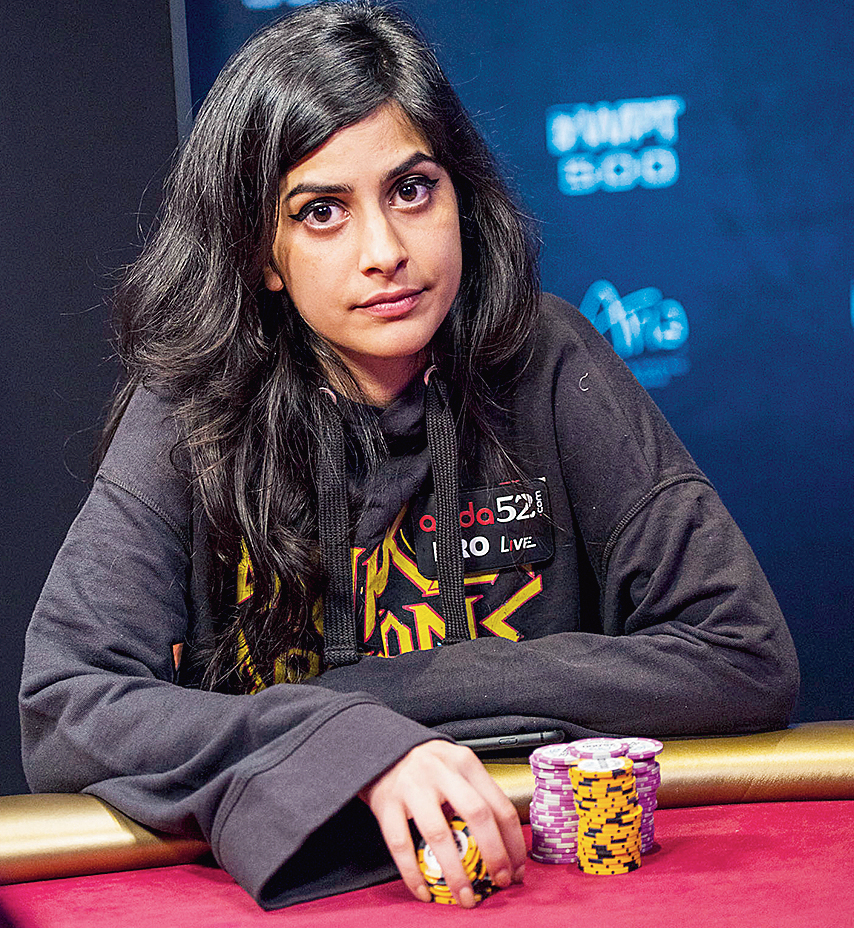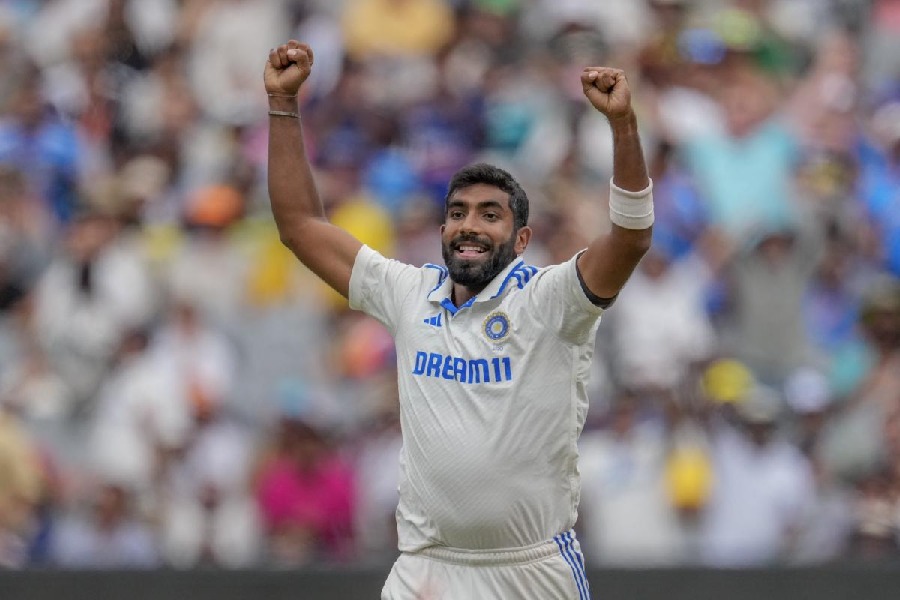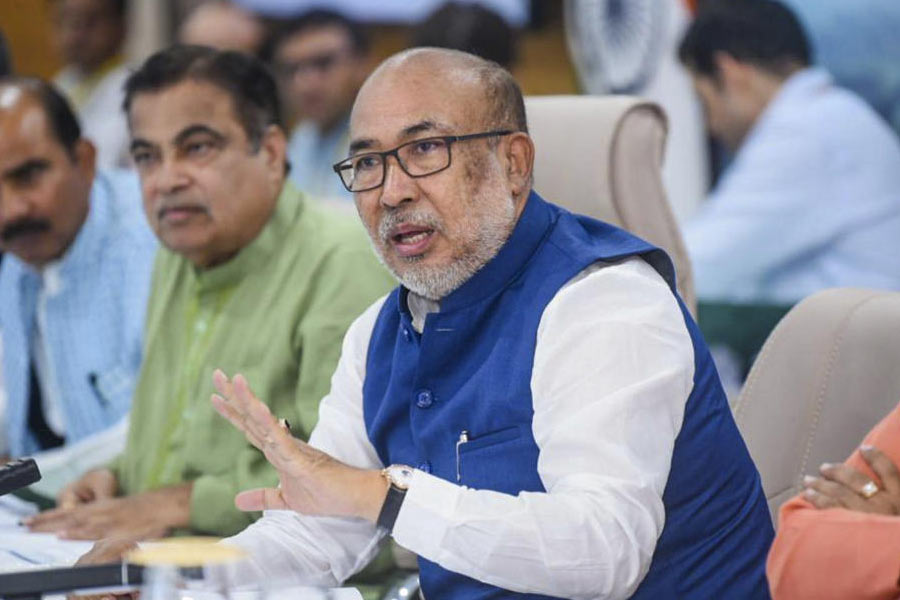At a masterclass on an offshore casino in Goa, Nikita Luther says, “Poker is a gender-neutral sport.” This is our introduction to poker and the woman who has made India proud. Luther, 27, created history earlier this year when she became the first Indian woman to win the bracelet at World Series of Poker (WSOP), which is held in Las Vegas every year.
“This event is equivalent to the Olympics of poker and winning the gold is every player’s dream. This year there were players from 88 countries and the event saw over 1,23,000 entries over various tournaments. Only one female won the WSOP gold title and that was me! The pride of carrying the flag to the stage to receive the gold and calling my mom afterwards to tell her that I am now world champion — nothing can top that experience. It is all very surreal,” she gushes.
In one way, poker is no different from other sports — the gender ratio is heavily skewed towards males. There are 10-15 per cent female players worldwide.
What is it like to be a female in a male-dominated field? Luther says, “It is no different from being a male poker player. Poker is an intellectual game which is played by applying various concepts of maths, probability, game theory, psychology and so on. It is an intellectual game as opposed to an athletic game.”

The poker bug bit Luther at a friend’s birthday some years ago. A few friends were playing it and she was immediately intrigued. Sourced by The Telegraph
The poker bug bit Luther at a friend’s birthday some years ago. A few friends were playing it and she was immediately intrigued. “Once I was taught the basics, I quickly realised that there is a way of solving the game and complex strategy behind it,” says Luther, whose fascination with the game grew out of her love for numbers.
She is currently the chief operating officer (COO) of Poker Sports League (PSL) — an IPL-style initiative — and the brand ambassador of India’s largest poker portal, Adda52. She has a tip or two up her sleeves for those considering a career in poker. “There isn’t a fixed path but I feel there is a common trajectory that pros tend to follow. You start at the lowest stakes and grind your way up while constantly learning and applying necessary concepts to improve,” she says.
So what does it take to a top-level poker player? Intense bouts of training. Luther has trained extensively, received one-on-one coaching from one of the best coaches, taken very advanced courses in poker, watched hundreds of training videos and, of course, practised a lot. “I have spent a considerable amount of time improving my game to be playing at the level that I am today. But I feel I still have a very long way to go,” she says.
“They say poker takes a minute to learn and a lifetime to master. The game is so incredibly nuanced and layered that you could study everything about it and still have something new to learn,” says the player who stays mentally and physically fit through meditation and yoga. “Poker looks fun and glamorous on the surface but it is really a hard grind,” she adds. Luther has travelled far and wide to participate in tournaments — from Las Vegas in the US to Melbourne in Australia, from Macau to Vietnam.
Born into a defence family— her father was in the air force — Luther studied at Sanskriti School in New Delhi and completed BCom from Delhi University. “My parents were obviously very sceptical about poker. It took them a long time to understand that it’s a skilled sport and not gambling. Once they accepted that and saw me doing consistently well, they have been very supportive and encouraging,” she says.
Luther mentions how the Massachusetts Institute of Technology, US, offers a course on poker — poker theory and analytics — as does the Indian Institute of Management, Kozhikode. “It is supposed to teach you the technical aspects of calculus and game theory and how to apply these to business and analytics.”










